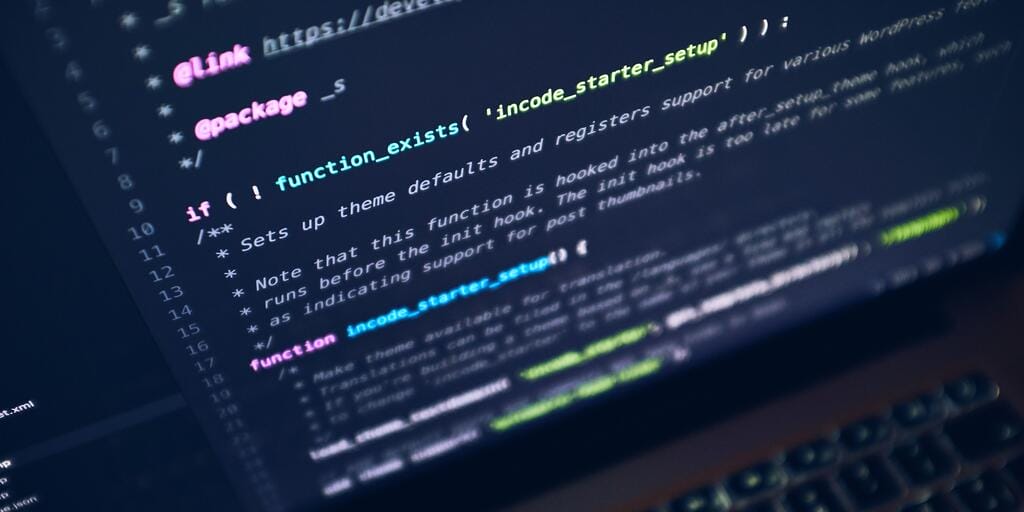
Upgrading Your Website Code for the Latest PHP Versions
Upgrading your website code for the latest PHP versions is crucial for business owners because it ensures the security, performance, and longevity of their online presence. New PHP versions come with improved features, bug fixes, and most importantly, security updates that protect against potential cyber threats. Ignoring these updates can lead to vulnerabilities, slow website performance, and eventually, compatibility issues with modern web technologies.
By investing in code updates, businesses not only enhance their website’s functionality but also safeguard against potential risks, providing a smoother and more secure experience for both customers and the business itself. Keeping your website code up to date is a key part of website maintenance activities that every organisation should be conscious of.
What is PHP 8?
PHP (Hypertext Preprocessor) is a widely used open-source scripting language designed for web development. It is embedded within HTML code and executed on the server, enabling the creation of dynamic web pages. PHP is known for its simplicity, flexibility, and ability to interact with databases, making it a popular choice for building dynamic and interactive websites.
PHP 8.0 was officially released on November 26, 2020. This major update introduced several new features and improvements over its predecessor, including the JIT (Just In Time) Compiler, named arguments, attributes, match expressions, union types, and improvements in the type system and error handling, among others.
There have been new developments in PHP with the release of PHP 8. This is a significant release in the PHP programming language, bringing numerous enhancements and new features. With improvements in error handling, new functions and enhancements, PHP 8 represents a major step forward in terms of both performance and developer-friendly features.
Some older releases of PHP are no longer supported like PHP 7 which was discontinued in November 2022. It’s worth checking the unsupported historical releases to ensure your PHP version is up to date. If you’re unsure, get in touch with our web developers who can advise you on your unique requirements.
6 Reasons Why Your Website Code Needs Rewritten
There are several reasons why your website code needs to be rewritten for PHP 8 versions. From performance, security enhancements and functionality. Let’s take a look at the primary reasons why website code needs to be rewritten for different versions of PHP.
1. Deprecated Features
As PHP evolves, older features become “deprecated,” meaning they’re still functional but less efficient or potentially unsafe. Relying on deprecated features in newer PHP versions can trigger warnings or errors, hindering website performance and security. It’s like using outdated tools in your business; they might work but aren’t as effective or reliable as modern alternatives. Regularly updating your website code for new PHP versions is akin to giving your digital storefront a modern and robust security system, ensuring it stays functional and equipped with the latest tools to safeguard against potential risks.
2. Syntax Changes
The rules of writing PHP code, known as syntax, have evolved. Code written for older versions may face issues when interpreted by newer ones, leading to syntax errors or unexpected behaviours. It’s like relying on outdated instructions in a rapidly changing business environment, causing inefficiencies. By keeping your code in sync with the latest PHP syntax, you ensure a reliable digital playbook, contributing to a seamless online experience for your business and customers.
3. Function Updates
PHP functions can change behaviour, and parameters, or return values across versions. Not adjusting code accordingly may lead to inaccuracies or errors on your website. It’s like using an outdated tool in business processes; failure to adapt can result in unintended outcomes. Regularly updating your code ensures it aligns with evolving PHP functions, maintaining a smooth and error-free digital experience for your business.
4. Security Enhancements
Embracing newer PHP versions is crucial for enhancing the security of your website. These updates typically come equipped with essential security patches and improvements, addressing vulnerabilities that may be present in older versions. Think of it as fortifying the defences of your business. By updating your PHP code, you’re essentially reinforcing the digital barriers that safeguard your website and customer data. Neglecting these updates puts your code at risk, akin to leaving a door unlocked in your physical business space. By regularly updating and staying current with PHP versions, you’re proactively minimising the potential for security breaches and ensuring a resilient and secure online environment for your business and its users. It’s a strategic move that not only protects your digital assets but also reinforces trust and confidence in your online presence.
5. Performance Optimisations
Newer PHP versions bring not only security enhancements but also performance optimisations, making code execution faster and more efficient. Upgrading is like boosting your engine for a smoother journey. Conversely, relying on older PHP code may lead to slower loading times and potential bottlenecks, impacting user experience. Staying current with PHP versions ensures a performance boost, contributing to a positive online presence and user satisfaction.
6. Compatibility with Libraries and Frameworks
In web development, popular libraries and frameworks often require specific PHP versions for optimal compatibility. Using outdated PHP versions may lead to conflicts or errors when integrating these tools, similar to connecting advanced equipment to an outdated power source. Staying current with PHP versions ensures your website is equipped with the right power source for these external tools, preventing errors and allowing your business to leverage its full potential, enhancing overall efficiency and performance.



